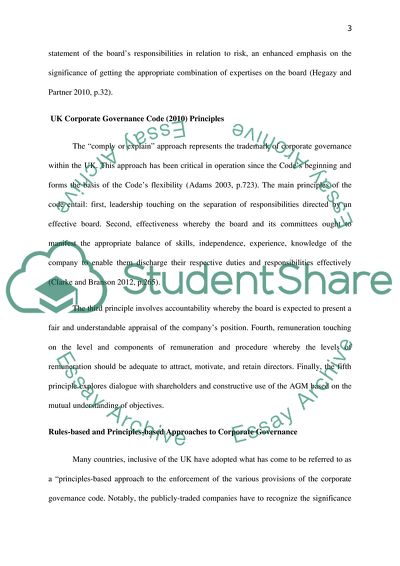Cite this document
(Professional Accounting Essay Example | Topics and Well Written Essays - 2500 words, n.d.)
Professional Accounting Essay Example | Topics and Well Written Essays - 2500 words. https://studentshare.org/finance-accounting/1793911-professional-accounting
Professional Accounting Essay Example | Topics and Well Written Essays - 2500 words. https://studentshare.org/finance-accounting/1793911-professional-accounting
(Professional Accounting Essay Example | Topics and Well Written Essays - 2500 Words)
Professional Accounting Essay Example | Topics and Well Written Essays - 2500 Words. https://studentshare.org/finance-accounting/1793911-professional-accounting.
Professional Accounting Essay Example | Topics and Well Written Essays - 2500 Words. https://studentshare.org/finance-accounting/1793911-professional-accounting.
“Professional Accounting Essay Example | Topics and Well Written Essays - 2500 Words”. https://studentshare.org/finance-accounting/1793911-professional-accounting.


